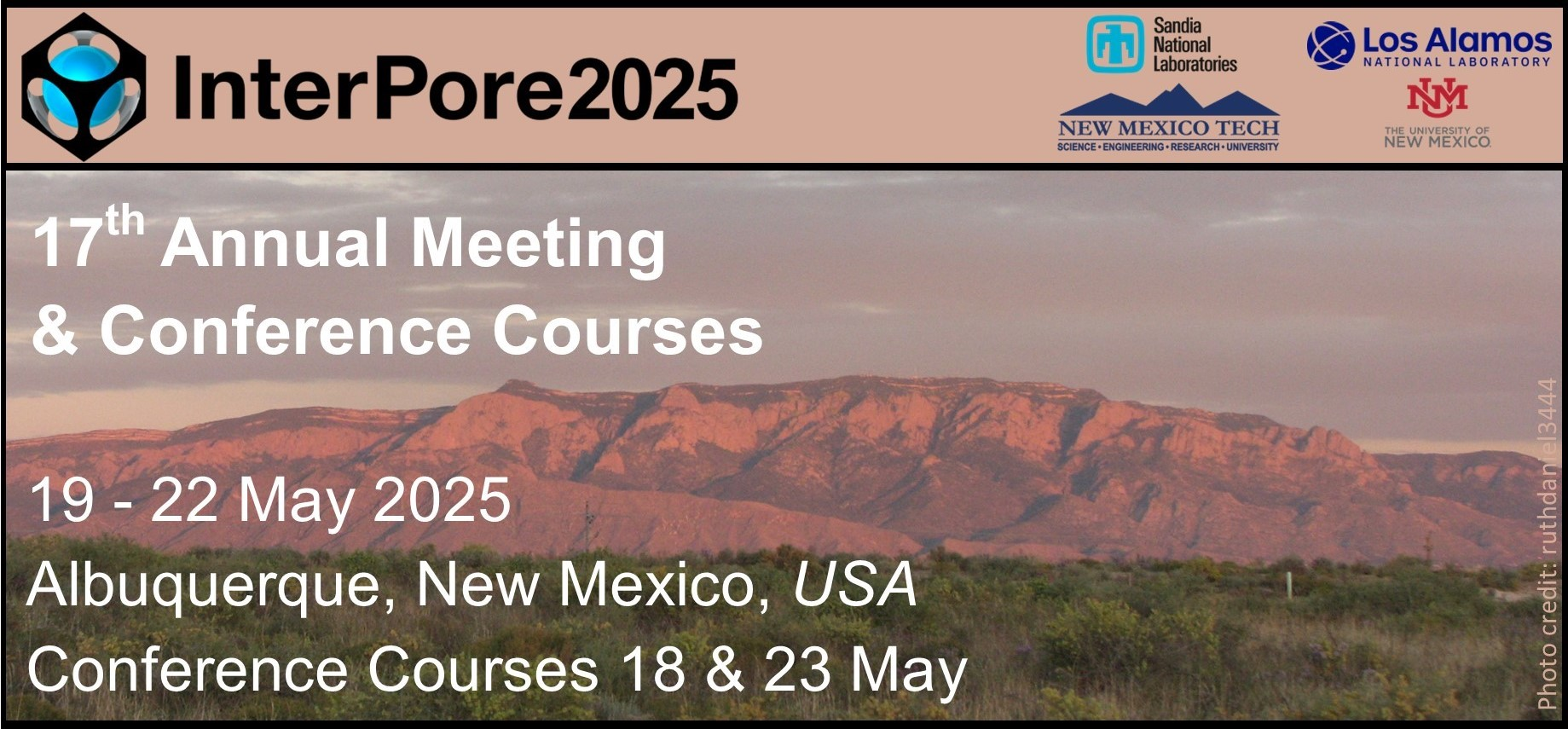Speaker
Description
This study introduces a novel hybrid approach combining multi-objective optimization and machine learning to optimize an integrated carbon capture and storage (CCS) system. The method simultaneously addresses both reservoir and facility aspects, solving pipe flow and Darcy’s law in porous media based on dynamic nodal analysis. Using CoFlow, an integrated geoenergy system modeling tool developed by CMG Ltd., the study optimizes a CCS system for a potential offshore project in the Republic of Korea. The CCS system features an onshore CO2 hub terminal, a 175-km subsea pipeline, a 1 km vertical injection well, and a saline aquifer at 1150 m underwater depth. The optimization problem considers four decision variables: CO2 discharge pressure at the hub terminal, subsea pipeline inner diameter, injection well inner diameter, and CO2 temperature at the wellhead. Three objectives are targeted: maximizing cumulative CO2 storage, ensuring safe CO2 injection pressure, and maximizing the benefit-cost ratio. A multi-objective particle swarm optimization algorithm is combined with CoFlow to derive non-dominated solutions by evaluating approximately 3% of the search space. Machine learning algorithms, including neural networks, random forests, and boosting techniques, are then employed to approximate the entire search space and accurately yield the Pareto-optimal front. The surrogate models’ objective function evaluations demonstrate strong alignment with simulation results, validating the effectiveness of the proposed hybrid approach. This methodology offers a valuable tool for field development planning of CCS systems, potentially reducing computational costs while maintaining high accuracy in multi-objective optimization. This study contributes to the growing field of CCS optimization by integrating advanced machine learning techniques with traditional simulation methods, addressing the need for efficient and accurate decision-making tools in complex CCS project planning.
| Country | Republic of Korea |
|---|---|
| Acceptance of the Terms & Conditions | Click here to agree |






